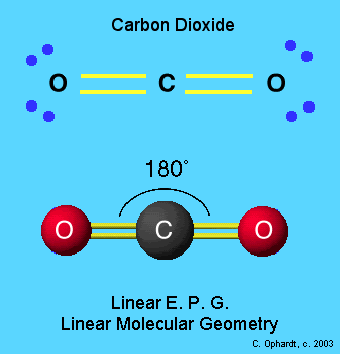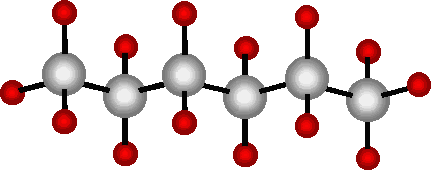Chalk up yet another reason why we have two wars going right now — the U.S. Military is one of the biggest consumers of petroleum products in the world.
And because of this, it is also one of the world’s leading producers of CO2.
As pointed out in this incredible essay, this is the proverbial “elephant in the room”.
(And don’t even get me started on the share of the budget defecit, and the ongoing collapse of the dollar, that the Pentagon is responsible for. )
Sara Flounders writes:
By every measure, the Pentagon is the largest institutional user of petroleum products and energy in general. Yet the Pentagon has a blanket exemption in all international climate agreements.
***
The Feb. 17, 2007, Energy Bulletin detailed the oil consumption just for the Pentagon’s aircraft, ships, ground vehicles and facilities that made it the single-largest oil consumer in the world.
***
Even according to rankings in the 2006 CIA World Factbook, only 35 countries (out of 210 in the world) consume more oil per day than the Pentagon.
***
This information is not readily available … because military emissions abroad are exempt from national reporting requirements under U.S. law and the U.N. Framework Convention on Climate Change” …
Bryan Farrell in his new book, “The Green Zone: The Environmental Costs of Militarism,” says that “the greatest single assault on the environment, on all of us around the globe, comes from one agency … the Armed Forces of the United States.”
More inconvenient facts:
Professor Michael Klare noted in 2007:
Sixteen gallons of oil. That’s how much the average American soldier in Iraq and Afghanistan consumes on a daily basis — either directly, through the use of Humvees, tanks, trucks, and helicopters, or indirectly, by calling in air strikes. Multiply this figure by 162,000 soldiers in Iraq, 24,000 in Afghanistan, and 30,000 in the surrounding region (including sailors aboard U.S. warships in the Persian Gulf) and you arrive at approximately 3.5 million gallons of oil: the daily petroleum tab for U.S. combat operations in the Middle East war zone.
And there’s more:
And in 2008, Oil Change International released a report showing that:
The [Iraq] war is responsible for at least 141 million metric tons of carbon dioxide equivalent (MMTCO2e) since March 2003. To put this in perspective, CO2 released by the war to date equals the emissions from putting 25 million more cars on the road in the US this year.
Between March 2003 and October 2007 the US military in Iraq purchased more than 4 billion gallons of fuel from the Defense Energy Support Center, the agency responsible for procuring and supplying petroleum products to the Department of Defense. Burning these fuels has directly produced nearly 39 million metric tons of CO2 Just transporting 4 billion gallons of fuel to the military in Iraq consumed at least as much fuel as was delivered nearly doubling overall fuel-related emissions.
Emissions from the Iraq War to date are nearly two and a half times greater than what would be avoided between 2009 and 2016 were California to implement the auto emission regulations it has proposed (but that the Bush Administration struck down).
If the war were ranked as a country in terms of annual emissions, it would emit more CO2 each year than 139 of the world’s nations do, more than 60% of all countries on the planet…
Wow, no wonder the Powers that Be don’t want to put the brakes on this thing. It’s a paradise for the oil companies, a dream come true. They take over a country with oil, then spend gargantuan amounts of oil in order to keep the Army there, then when things settle down a bit they just gear up ANOTHER “war” so that they can pump even more and more, all the while charging it to the United States taxpayer.
What a racket.
The wars are rackets.



